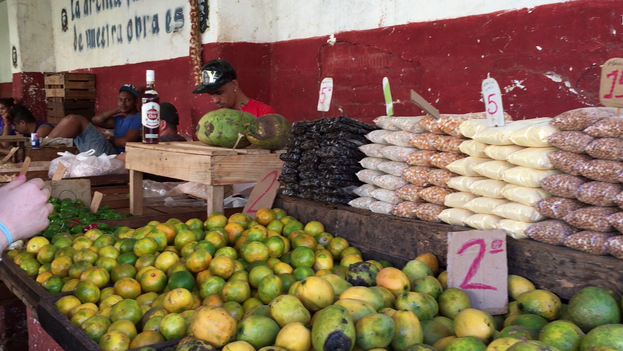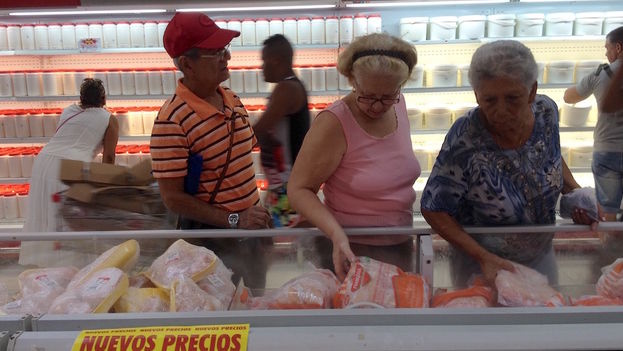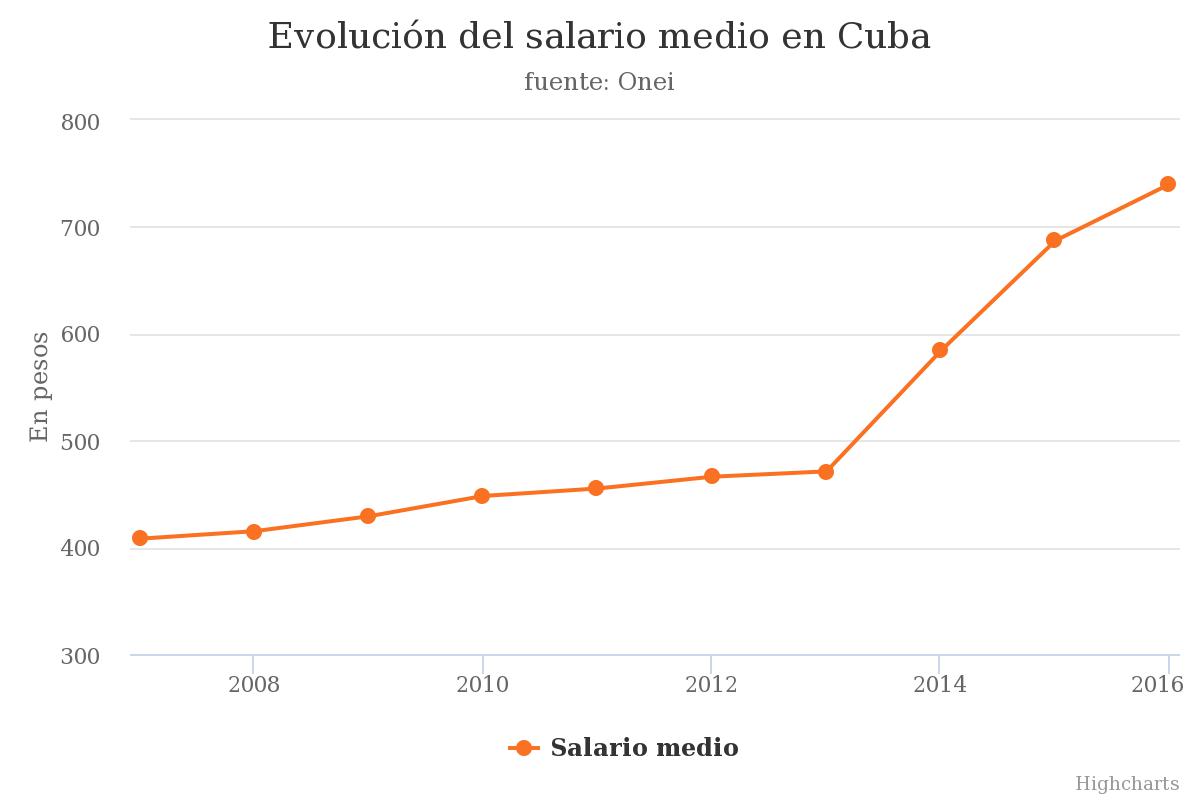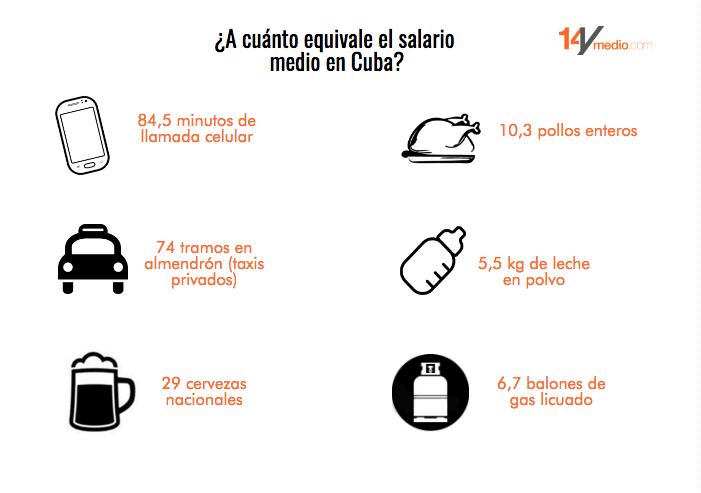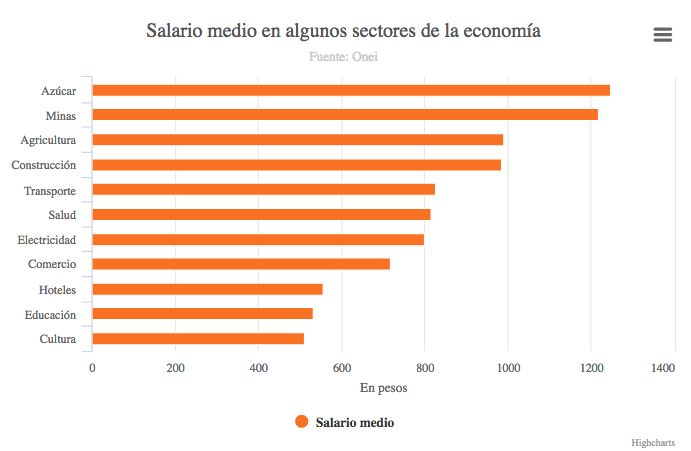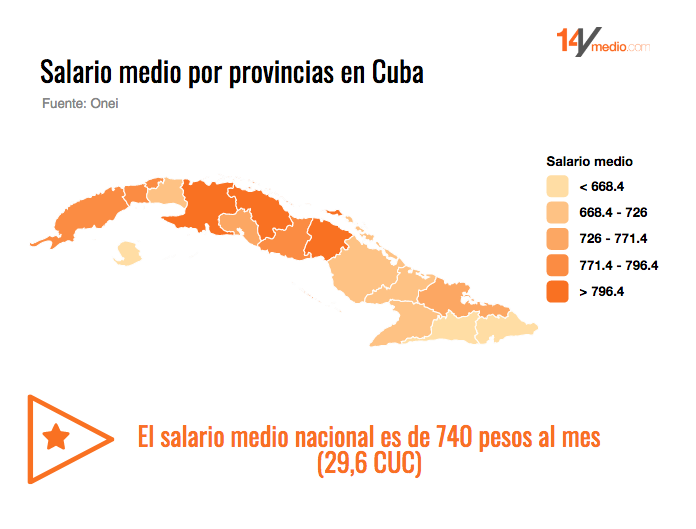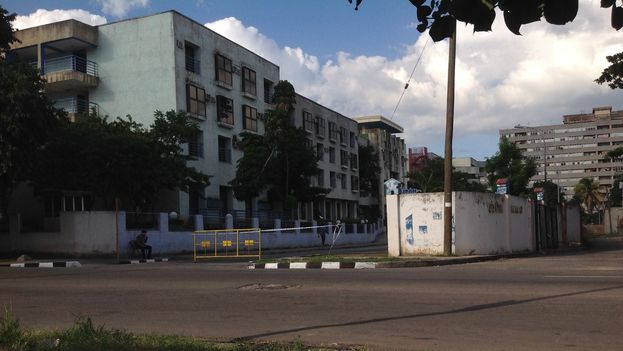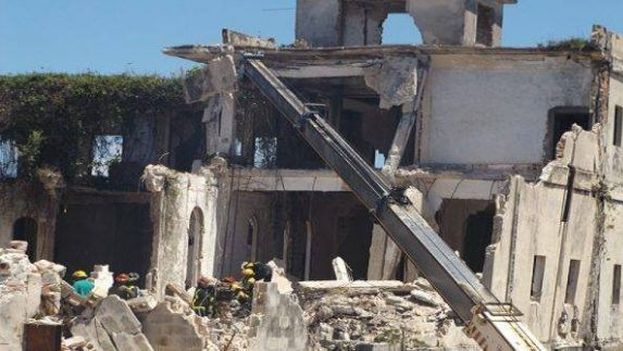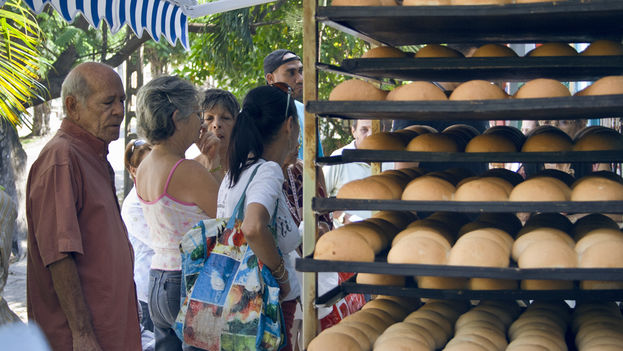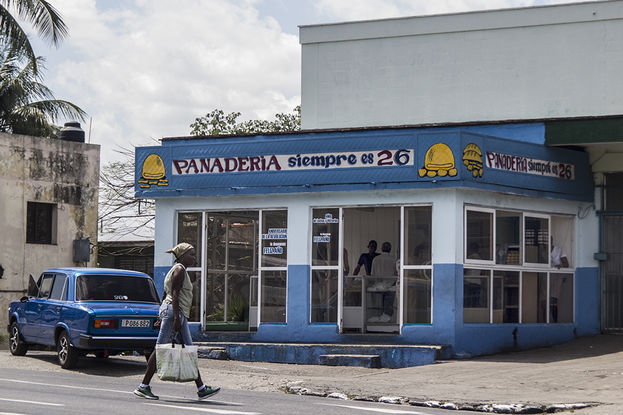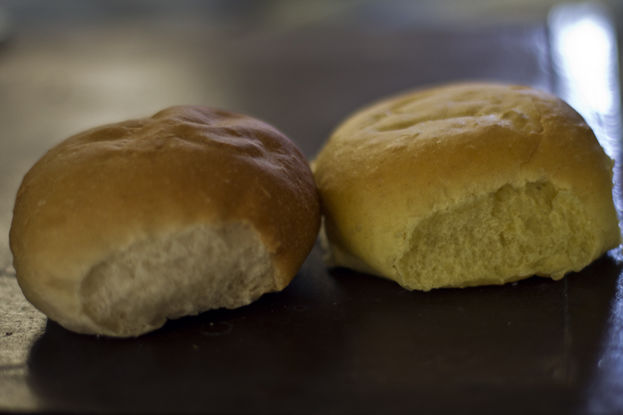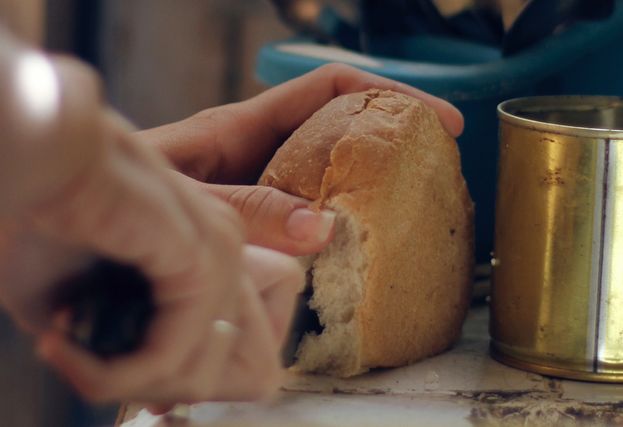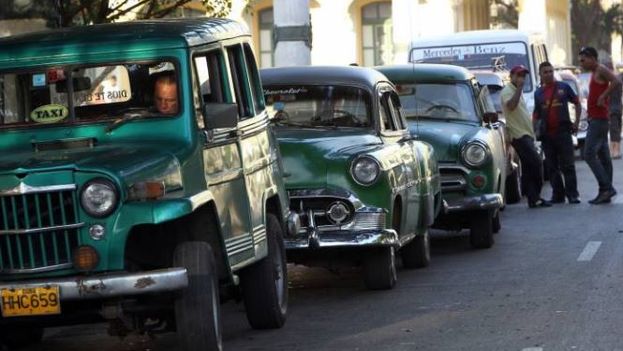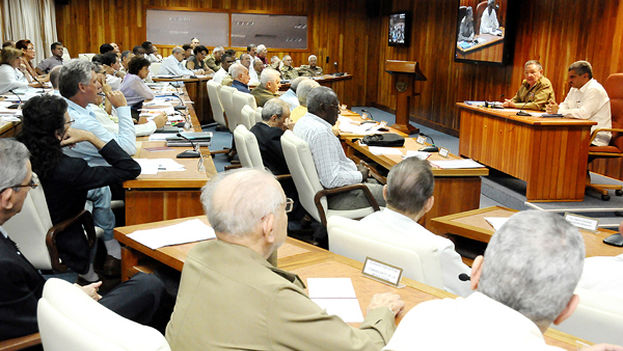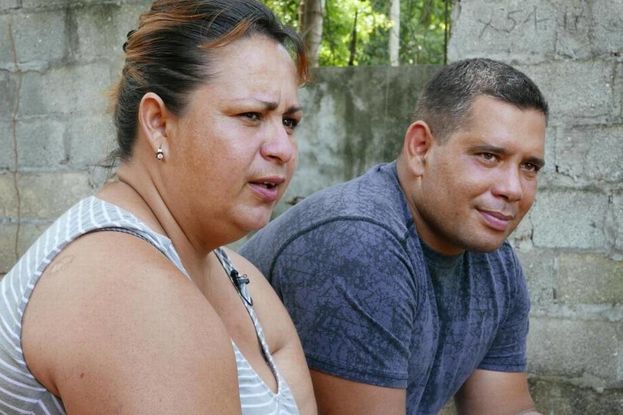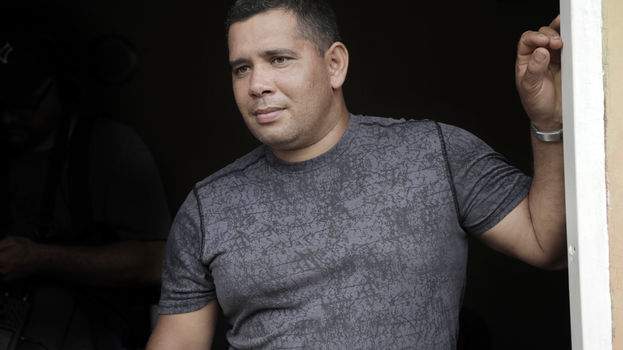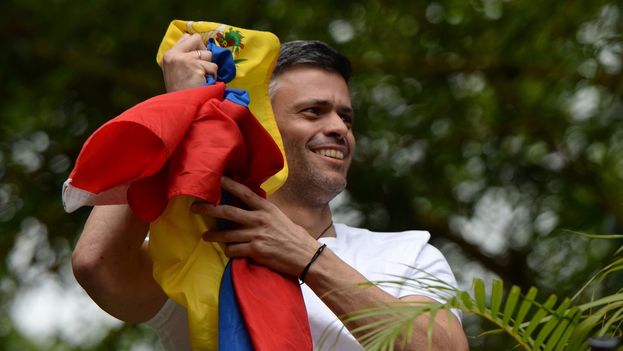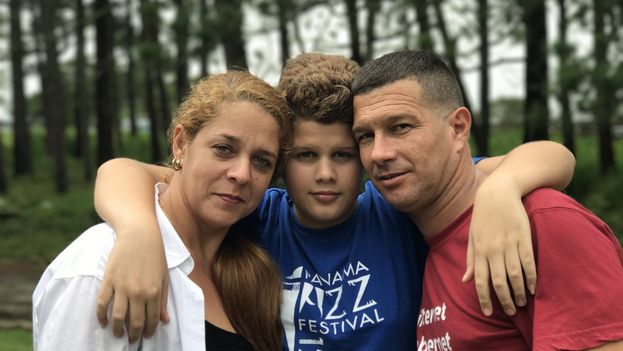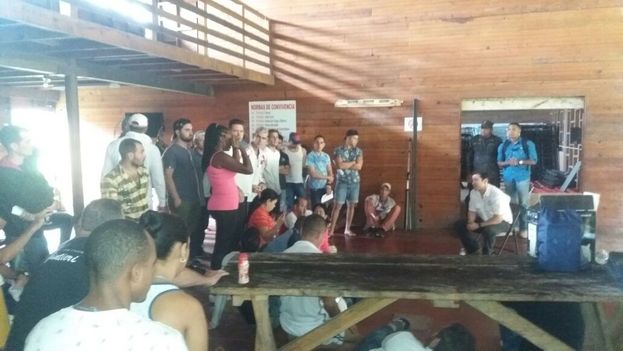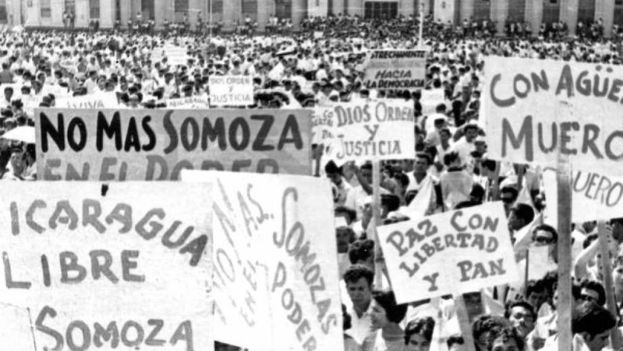
![]() 14ymedio, Hector Mairena, Managua Nicaragua, 18 July 2017 – July 19th marks the 38th anniversary of the overthrow of the Somoza dictatorship, without a doubt the most important date in Nicaraguan history. However, its meaning and consequences – even its ultimate causes – are still under discussion. Divergent opinions emerge not only because of the political and social contradictions of Nicaraguan society, but also because many of its protagonists see their personal experience through the lens of their narrative and interpretation of what happened.
14ymedio, Hector Mairena, Managua Nicaragua, 18 July 2017 – July 19th marks the 38th anniversary of the overthrow of the Somoza dictatorship, without a doubt the most important date in Nicaraguan history. However, its meaning and consequences – even its ultimate causes – are still under discussion. Divergent opinions emerge not only because of the political and social contradictions of Nicaraguan society, but also because many of its protagonists see their personal experience through the lens of their narrative and interpretation of what happened.
The greatest alteration, however, has come from the propaganda interests of the Ortega regime, which has perverted the equitable analysis of the events. As Fidel Castro once said, “history is a byproduct of facts,” and the official version is written by power, altering or denying facts, removing or placing protagonists.
The overthrow of Somocismo was achieved through innumerable acts of individual and collective heroism, and it is precisely for that reason that one side has tried to mythologize it, while the other demonizes it, which is understandable in a society given to attributing extraordinary events to providential causes. continue reading
But it was not a miracle, nor was it a spontaneous event. It was the outcome of a decades long conflict between democratic and dictatorial forces. And just as this day of the struggle for democracy was not the first – because the history preceding July 1979 is abundant in guerrillas and uprisings that raised democratic flags – nor would it be the last.
The overthrow of the Somoza regime was only possible when the joint actions of the democratic forces and the massive involvement of the population crystalized in the final phase of the armed insurrection in a favorable international context. Thus, it was possible to resolve the main contradiction that had existed in Nicaraguan society since the 1930s, between democracy and dictatorship.
In the social sphere, the anti-Somoza participants embraced a wide range that reached the extremes of society: from the sectors of the bourgeoisie excluded from a share of power, to the lumpen proletariat. An unquestionable success of the Sandinista National Liberation Front (FSLN), and the insurrectional faction in particular, consisted in cementing that alliance on the basis of a democratic program that aroused an unprecedented and unrepeatable national consensus
Although the Sandinistas were the hegemonic force, it is necessary to remember, although it seems obvious, that they were not the only ones in the anti-dictatorial fusion.
One the political plane, two large blocks joined in the objective of that historical moment. On the one hand, the center-left block articulated in the People United Movement (MPU)/National Patriotic Front (FPN); and that of the democratic right grouped in the Broad Opposition Front (FAO).
On the military plane, the FSLN, with its three expressions, had absolute dominance, although in the final insurrection smaller units of the Nicaraguan Socialist Party (PSN) operated through the so-called People’s Military Organization (OMP), subordinate to the Sandinista command and tiny groups of the Maoist Popular Action Movement (MAP), which acted on the margins.
Special mention should be made of the media and journalists, which for decades were a daily vehicle of denunciation against the Somoza regime. It is impossible to hide the role played by La Prensa and its director Pedro Joaquín Chamorro, or that played by Radio Corporation and other broadcasters. Although their role is beyond dispute, today the Ortega version disdains it.
The overthrow of Somocismo, which was required to open the way to a democratic process, became the Sandinista Popular Revolution. Political pluralism, one of the three pillars of the program called for by the anti-Somoza alliance, was soon shunted to a lesser role at the convenience of the Sandinistas, and was only tolerated to the extent that it did not jeopardize the new power.
The consequences were not long in coming. Already in the first post-Somoza year there began a rapid settling of political forces around a new conflict between the Sandistas and the Anti-Sandinistas. The mistakes made in economic management, the loss of the social base of the peasants, and an early alignment with socialist countries – despite the formal non-alignment of the country’s foreign policy – ended up destroying the consensus.
The open intervention of the Reagan administration was a spur to the remnants of the defeated Somoza Army and to dissent in the countryside. The confrontation was radicalized, the social conquests foundered and civil war ensued, the consequences of which divided and bled the country to the limit.
With the withdrawal of military support from the USSR – already in its own terminal crisis – with the economy of the country destroyed by the war, and especially with the majority of citizens calling for a change, by the late 1980s the FSLN was helplessly forced to convene early elections. The results opened up once again the possibility of leading the country towards a democratic process, a path that the Ortega regime, allied with the corrupt liberalism, would destroy, in the same way that it destroyed the old FSLN to turn it into a group of docile subordinates, under the command of a family.
Although July 19, 1979 meant the end of the Somoza regime, its cultural heritage survived in practice and in the subconscious of important sectors of the population and even among militants and leaders of the FSLN. Thus, the Revolution did not manage to banish that disastrous legacy of Somocismo. In the last decade it has sprouted again under Daniel Ortega’s return to power, which has reversed the democratic conquests and resurrected the practices of the defeated regime.
New wine – and not so new – in old wineskins. Thus, and this time not by a miracle, it is already in an irreversible process of decomposition.
_________________________________
Editorial Note: This article was published in the blog of Héctor Mairena
*Translator’s note: ‘Somocismo’ refers to the movement to try to reestablish the dictatorship of Anastasio Somoza which was overthrown in Nicaragua in 1979.


